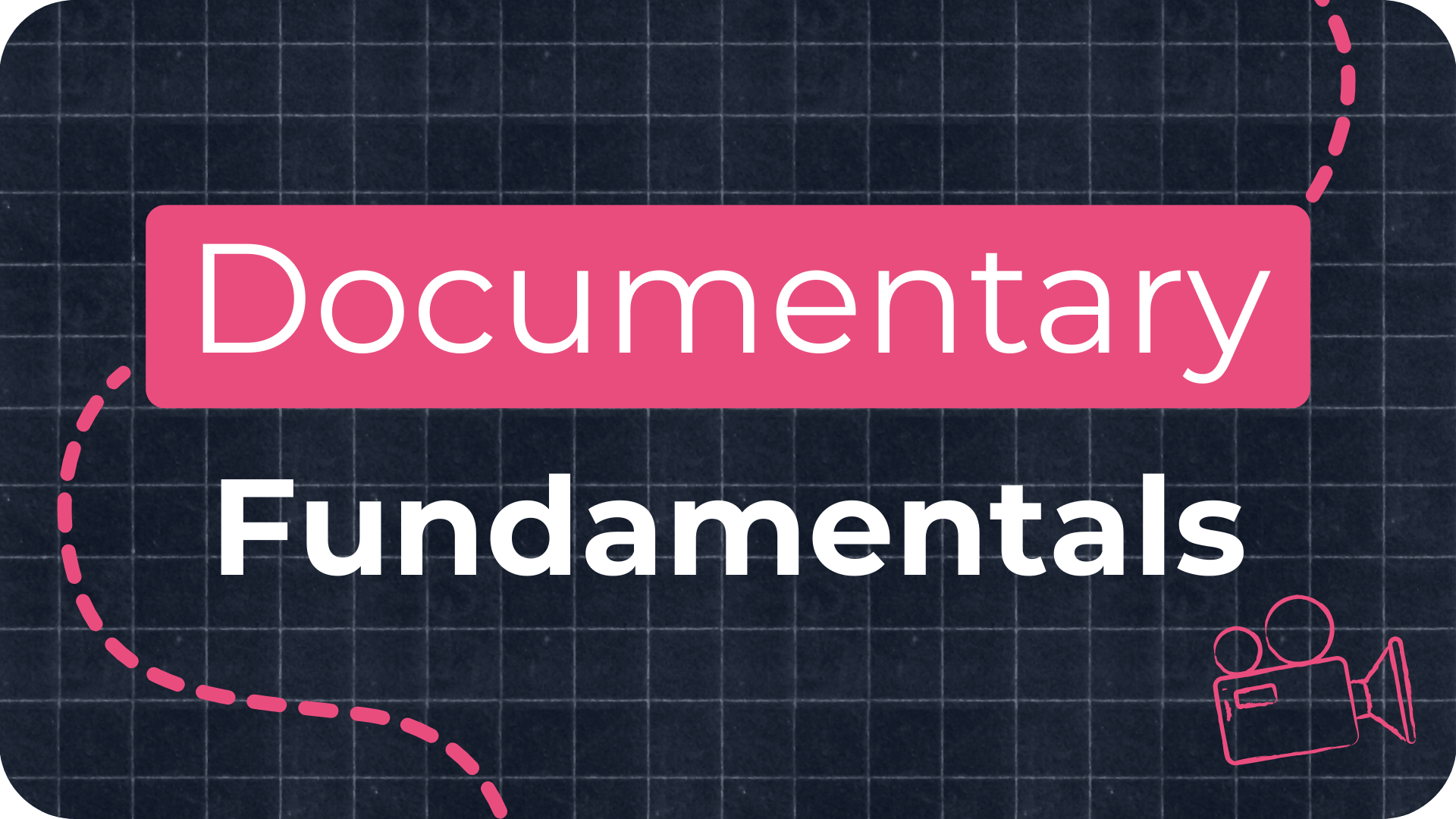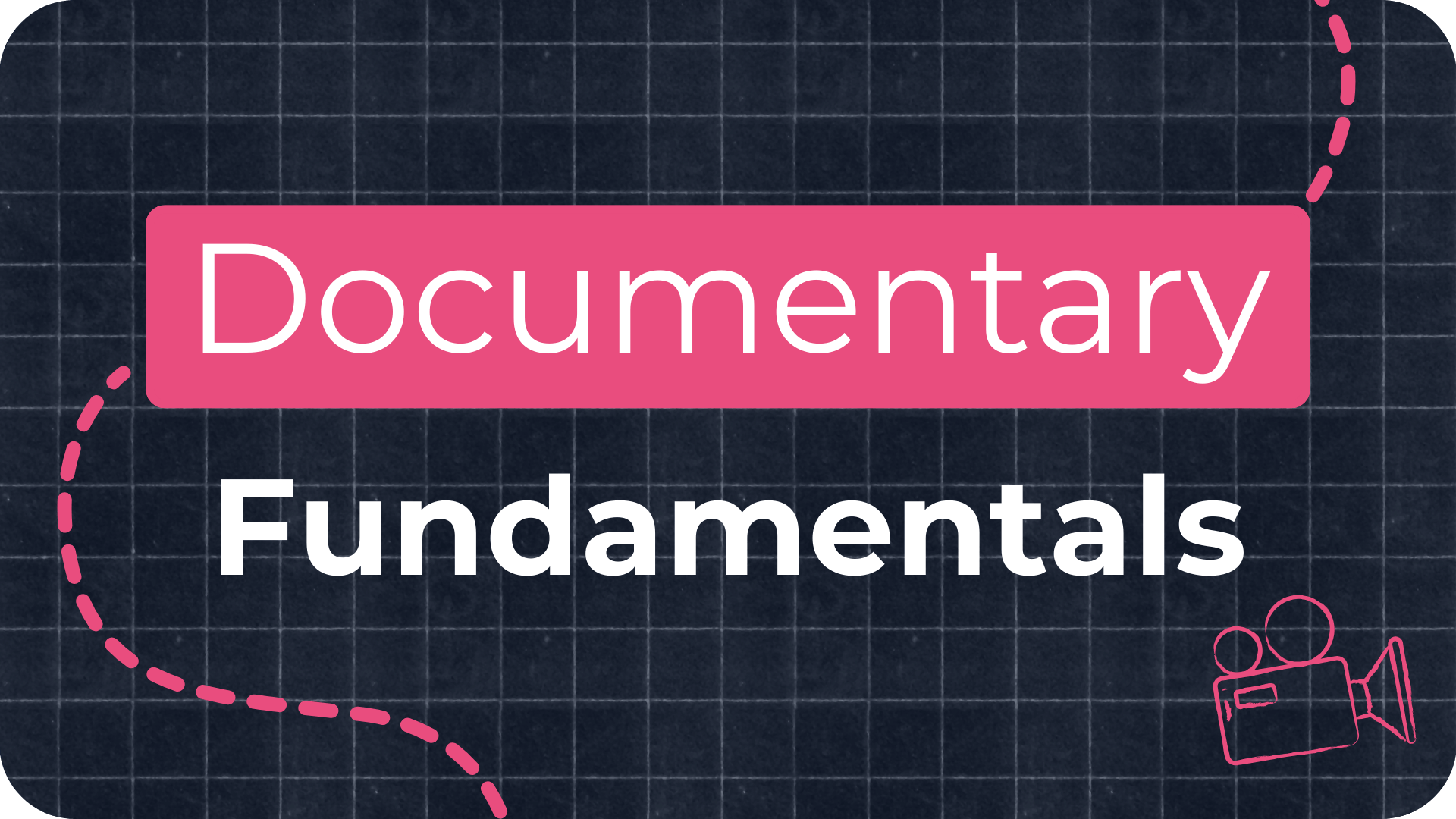10 Must-Watch Documentaries for Aspiring Filmmakers

If you're an aspiring filmmaker eager to hone your storytelling skills, one of the best ways to learn the craft is by watching documentaries. Documentaries pose unique challenges—capturing real-life events while weaving an engaging story. This list of the top 10 must-watch documentaries will not only entertain you but also provide insights into different filmmaking styles, approaches, and techniques that every emerging documentary filmmaker should understand. Each film offers key lessons in storytelling, technical execution, and capturing humanity in its rawest form.
What You’ll Learn from This Blog
- A curated list of 10 must-watch documentaries, perfect for those starting out in filmmaking.
- Insights into why each film stands out, what you can learn from it, and how it can influence your own work.
- Examples of both classic and modern documentaries that showcase the evolution of documentary style and technique.
These documentaries cover a wide range of subjects and styles, offering an expansive understanding of what’s possible in the genre.
1. Hoop Dreams (1994)
Directed by Steve James
Synopsis: Follows the lives of two inner-city Chicago boys as they pursue their dream of becoming professional basketball players.
Why It Stands Out: Hoop Dreams is an extraordinary examination of the American dream, showcasing the struggles and aspirations of young athletes over the course of several years. The filmmakers’ dedication to following their subjects through triumphs and setbacks creates a deeply emotional and complex portrait of ambition, family, and socio-economic challenges.
Lesson for Filmmakers: Dedication to your subject over a long period adds depth and emotional weight to the story. Invest time to document the highs and lows, allowing the story to develop organically, which brings authenticity to the narrative.

2. Won't You Be My Neighbor? (2018)
Directed by Morgan Neville
Synopsis: A touching exploration of the life of Fred Rogers, the beloved television personality known for his kindness and philosophy on children’s education.
Why It Stands Out: Morgan Neville captures the emotional essence of Fred Rogers's message through beautifully woven archival footage and heartfelt interviews. By balancing nostalgia with empathy, the film reaches deep into viewers' emotions.
Lesson for Filmmakers: Empathy in storytelling cannot be overstated. Using well-curated archival footage allows you to transport your audience through time, evoking a strong emotional connection.

3. Jiro Dreams of Sushi (2011)
Directed by David Gelb
Synopsis: Profiles Jiro Ono, an 85-year-old sushi master, highlighting his devotion and passion for his craft.
Why It Stands Out: David Gelb masterfully uses meticulous visual storytelling to transform the art of sushi-making into a poetic experience. The striking cinematography elevates even the smallest tasks into moments of beauty.
Lesson for Filmmakers: Elevate everyday details to tell a larger story. Beautifully composed shots and artistic visuals can bring elegance and universality to your subject matter, making a niche topic resonate deeply with viewers.

4. Free Solo (2018)
Directed by Elizabeth Chai Vasarhelyi and Jimmy Chin
Synopsis: A gripping portrayal of climber Alex Honnold's attempt to free solo climb El Capitan in Yosemite National Park without ropes or safety equipment.
Why It Stands Out: The film's breathtaking cinematography captures the danger and skill involved in the climb, while also delving deep into Honnold's motivations and personal relationships. It is a masterclass in building tension, even though the outcome is known.
Lesson for Filmmakers: Building suspense is key, even when the audience knows the ending. Use tight pacing, immersive visuals, and personal stakes to keep viewers on the edge of their seats.

5. Searching for Sugar Man (2012)
Directed by Malik Bendjelloul
Synopsis: Tells the story of two fans from South Africa who set out to discover what happened to their musical hero, Rodriguez, a Detroit musician who became a legend half a world away.
Why It Stands Out: This documentary feels like a detective story, unraveling the mystery of a forgotten artist who unwittingly influenced an entire generation. The surprise and emotional journey makes it uniquely captivating.
Lesson for Filmmakers: Mystery and discovery can be powerful narrative tools. Structure your story like an unfolding investigation, revealing details piece by piece to keep the audience invested in the outcome.

6. My Octopus Teacher (2020)
Directed by Pippa Ehrlich and James Reed
Synopsis: Chronicles a filmmaker’s deep bond with a wild octopus in a South African kelp forest.
Why It Stands Out: Stunning underwater cinematography and a patient approach allow this film to capture the beauty of the natural world in an intimate way. The emotional connection between filmmaker and subject feels both authentic and profound.
Lesson for Filmmakers: Crafting an emotional bond between subject and viewer is a powerful storytelling tool. Use visual storytelling and patience to build an intimate relationship that resonates deeply.

7. 13th (2016)
Directed by Ava DuVernay
Synopsis: A powerful examination of the intersection of race, justice, and mass incarceration in the United States.
Why It Stands Out: Ava DuVernay masterfully uses a mix of archival footage, expert interviews, and statistics to build a compelling narrative about the systemic inequalities of the American justice system. The film makes complex issues accessible and urgent, encouraging viewers to confront uncomfortable truths about race and power.
Lesson for Filmmakers: Combining strong visuals, expert commentary, and clear statistics can make a powerful argument. Use a multi-faceted approach to make complex social issues more digestible and impactful for your audience.

8. The Act of Killing (2012)
Directed by Joshua Oppenheimer
Synopsis: A chilling exploration of the Indonesian death squads, where former executioners reenact their real-life atrocities in whatever cinematic style they choose.
Why It Stands Out: The Act of Killing is unlike any other documentary, blurring the lines between reality and performance. By allowing the perpetrators to direct their own reenactments, the film offers a profound insight into the psychology of mass murder and the nature of guilt. It challenges viewers to confront uncomfortable truths about power and history.
Lesson for Filmmakers: Innovative approaches to storytelling can reveal uncomfortable truths that traditional methods might not. The use of reenactments in this film encourages filmmakers to think creatively about how to depict difficult subjects in ways that force the audience to engage deeply.

9. Honeyland (2019)
Directed by Tamara Kotevska and Ljubomir Stefanov
Synopsis: Follows the life of a solitary beekeeper in North Macedonia who struggles to maintain her traditional way of life.
Why It Stands Out: As a vérité documentary, Honeyland immerses viewers fully in the beekeeper's challenging world without interference. The use of natural light and long takes creates a visceral connection with the environment. Remarkably, the filmmakers couldn’t understand Macedonian while filming, which forced them to focus heavily on visual cues and later discover the story during editing.
Lesson for Filmmakers: Visual storytelling can transcend language. When verbal understanding is limited, focus on capturing genuine interactions and visual nuances to create a compelling narrative that speaks universally.

10. Man on Wire (2008)
Directed by James Marsh
Synopsis: Recounts Philippe Petit's daring 1974 high-wire walk between the Twin Towers of the World Trade Center.
Why It Stands Out: Man on Wire combines archival footage, re-enactments, and interviews to tell a gripping story that feels like a heist movie. The film’s pacing and suspenseful storytelling make the audience feel the thrill and risk of Petit's extraordinary feat.
Lesson for Filmmakers: Blending genres can make your documentary more engaging. By using elements of thrillers or heist films, you can transform a straightforward documentary into an edge-of-your-seat experience, enhancing audience engagement.

By watching these ten documentaries, you will gain essential knowledge and inspiration that will sharpen your skills, enhance your storytelling, and help you understand the key elements of impactful documentary filmmaking. Each of these films showcases different techniques that you can adapt and apply to your own work, helping you evolve as a filmmaker and better connect with your audience.















